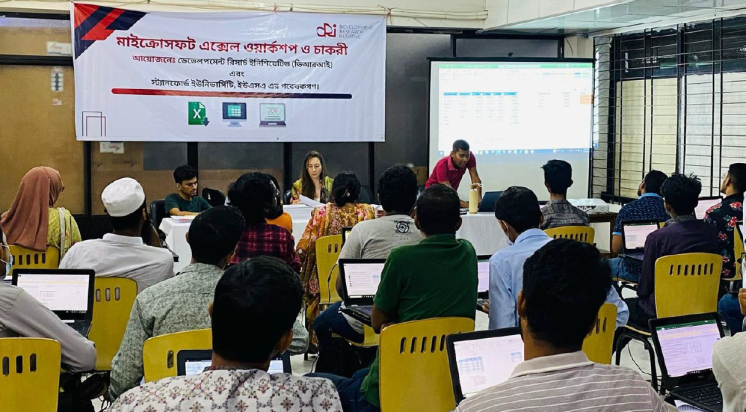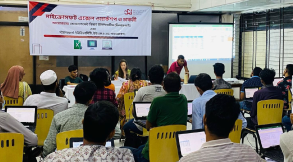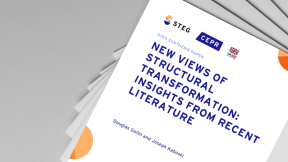This project conducts two field experiments in Bangladesh to identify paternalistic discrimination, the differential treatment of two groups to protect one group from harmful or unpleasant situations. The researchers observe real hiring and application decisions for a night-shift job that provides worker transport at the end of the shift. In the first experiment, they vary employers' perceptions of job costs to women by varying information about the transport. Employers discriminate paternalistically: Not informing employers about the transport decreases demand for female labour by 22%. In the second experiment, not informing applicants about the transport reduces the female labour supply by 15%.
STEG Project Policy Brief
• Research Theme 0: Data, Measurement, and Conceptual Framing,
Research Theme 2: Labour, Home Production, and Structural Transformation at the Level of the Household,
Cross-Cutting Issue 1: Gender,
Cross-Cutting Issue 3: Inequality and Inclusion
Paternalistic Discrimination

Related content























































































